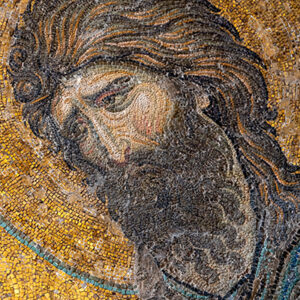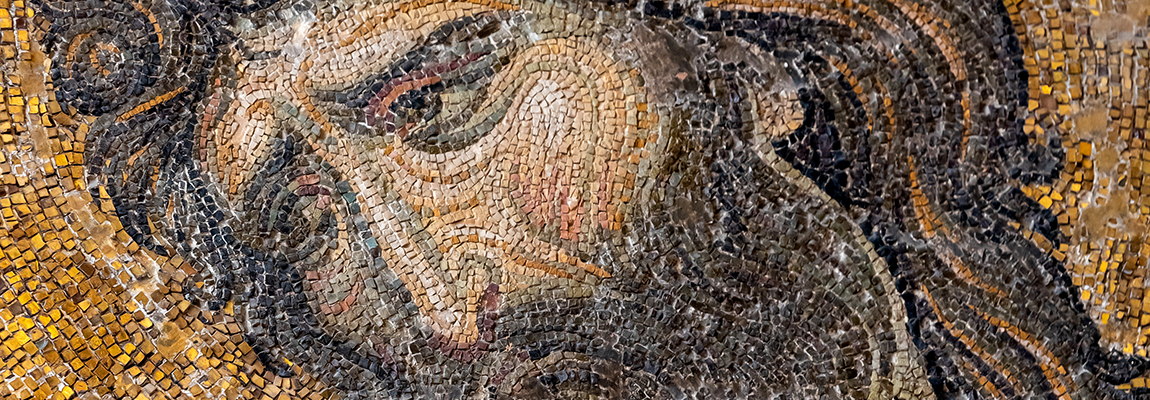A passage from Jesus, Son of Man by Kahlil Gibran
Printed in the Zenith News Notes No 114, December 2016.
An Introduction to Kahlil Gibran’s “Jesus, Son of Man”
“Jesus, Son of Man” by Kahlil Gibran is a lyrical and philosophical exploration of the life and teachings of Jesus Christ, seen through the eyes of those who knew Him best. Written with Gibran’s signature poetic style, the book delves into the spiritual and human dimensions of Jesus, portraying Him not just as a divine figure but as a man who walked among us, experiencing love, sorrow, and the complexities of life. Gibran uses vivid imagery and deep metaphors to convey the profound connection between Jesus and the Father, His unique role as the “First Word” of God, and His message of universal love and brotherhood.
The narrative is framed through the reflections of various characters, including John the Beloved Disciple, who recalls his experiences and insights of Jesus’ life and teachings. With philosophical musings and a mystical perspective, Gibran brings forth Jesus as a figure whose life transcends time and whose message resonates beyond religious boundaries. Jesus, Son of Man is a meditative work that invites readers to reflect on the deeper meaning of Christ’s life, not just as a historical figure, but as an eternal symbol of divine truth and compassion.

The passage:
Jesus and the Constant Presence of the Father
You would have me speak of Jesus, but how can I lure the passion-song of the world into a hollowed reed? In every aspect of the day, Jesus was aware of the Father. He beheld Him in the clouds and in the shadows of the clouds that pass over the Earth. He saw the Father’s face reflected in the quiet pools, and the faint print of His feet upon the sand, and He often closed His eyes to gaze into the Holy Eyes.
The night spoke to Him with the voice of the Father, and in solitude He heard the angel of the Lord calling to Him. And when He stilled Himself to sleep, He heard the whispering of the heavens in His dreams.
He was often happy with us, and He would call us brothers.
The First Word: The Birth of Life and Man
Behold, He who was the first Word called us brothers, though we were but syllables uttered yesterday.
You ask why I call Him the first Word. Listen, and I will answer. In the beginning, God moved in space, and out of His measureless stirring the Earth was born and the seasons thereof.
Then God moved again and Life streamed forth, and the longing of Life sought the height and the depth and would more of Itself. Then God spoke, and His words were Man, and Man was a spirit begotten by God’s Spirit.
And when God spoke thus, the Christ was His first Word and that Word was perfect; and when Jesus of Nazareth came to the world, the first Word was uttered unto us and the sound was made flesh and blood.
Jesus the Anointed was the first Word of God uttered unto Man, even as if an apple tree in an orchard should bud and blossom a day before the other trees. And in God’s orchard that day was an aeon.
The Anointed One: The First-Born Among Us
We are all sons and daughters of the Most High – but the Anointed One was His first-born, who dwelt in the body of Jesus of Nazareth, and He walked among us and we beheld Him.
The wind may blow and then cease, and the sea shall swell and then weary, but the heart of Life is a sphere, quiet and serene, and the star that shines therein is fixed for evermore.
Learn about Kahlil Gibran
Read more here from Kahlil Gibran: Joseph of Arimathea (from Jesus, Son of Man)
Jesus, Son of Man by Kahlil Gibran is available on Amazon
